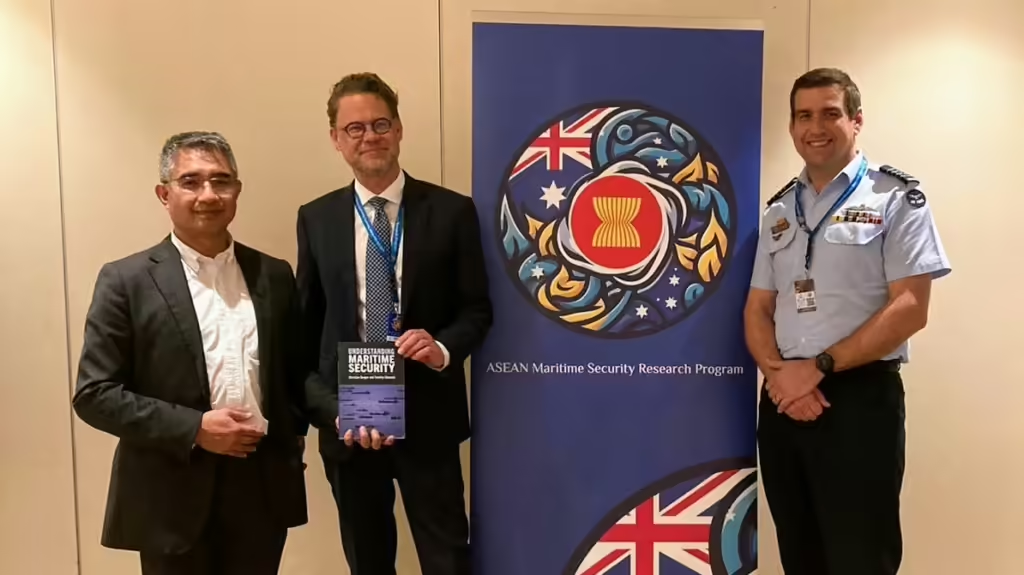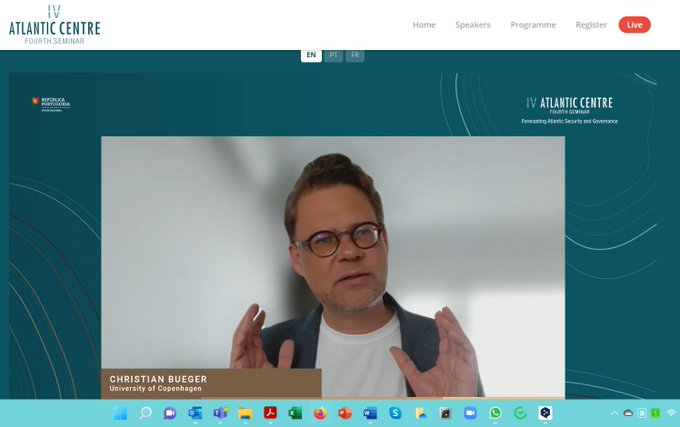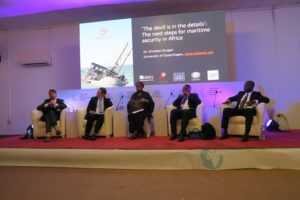My latest commentary explores a critical paradox: while all nations depend on the sea for trade, energy, and digital communication, some benefit from the sea economically more than others. Some states, such as small islands, face high risks but have few benefits. The global responsibility to protect the sea hence needs burden-sharing. Organizing this is not easy. I highlight three puzzles:
- The governance puzzle: A plethora of international and regional organizations handle maritime security, often with overlapping mandates and competing priorities
- The limits of capacity building: External assistance often has limited effects
- The militarization dilemma: Naval forces are needed to combat piracy and trafficking, but can escalate geopolitical tensions
I stress that maritime challenges require innovative solutions that balance sovereignty with international cooperation. The success stories – like Seychelles’ anti-piracy efforts and the Indian Ocean Commission’s MASE structures – show what’s possible when capacity building is done right.
The commentary is published by CIMSEC as part of the 2025 African Maritime Force Summit series, and available here.


